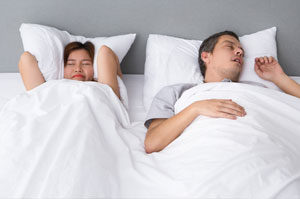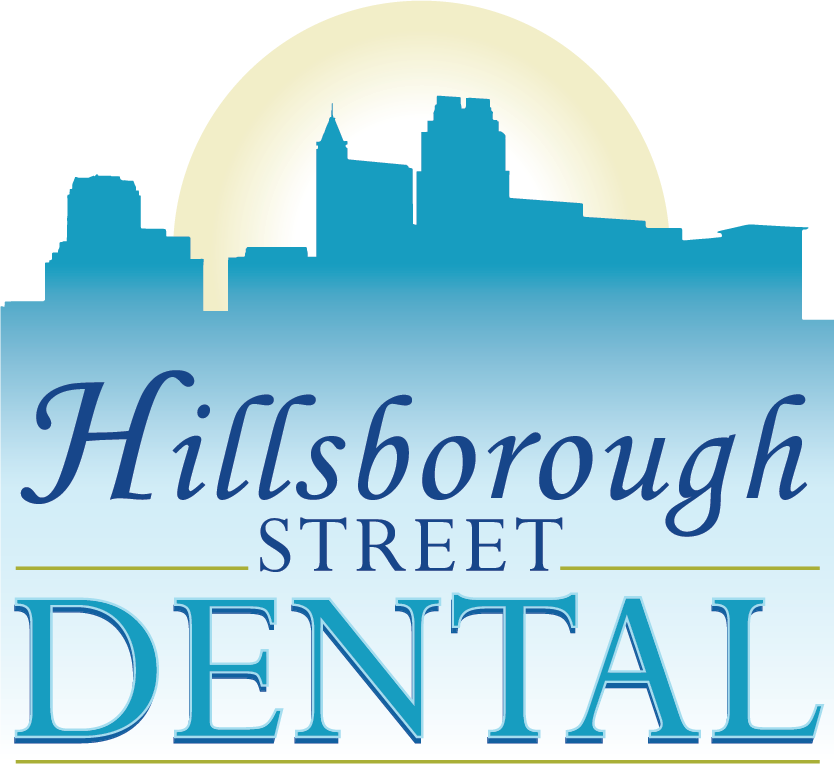Sleep Apnea Therapy
Sleep apnea is a condition in which a person stops breathing for small increments of time while sleeping. The word “apnea” means “ceasing to breathe”.
 You may not realize that you have sleep apnea because it happens while you’re asleep. One warning sign can be chronic snoring. As the muscles in the throat begin to relax the tissues can vibrate with each breath, causing snoring. While snoring doesn’t mean you have sleep apnea, many sleep apnea patients also snore.
You may not realize that you have sleep apnea because it happens while you’re asleep. One warning sign can be chronic snoring. As the muscles in the throat begin to relax the tissues can vibrate with each breath, causing snoring. While snoring doesn’t mean you have sleep apnea, many sleep apnea patients also snore.
The syndrome is more common in men than in women & more common in people who are older or overweight. However, that doesn’t mean that younger fit people are not at risk. Recent studies indicate that as many as 1 in 4 Americans are at high risk for sleep apnea. If you have symptoms or signs such as snoring or daytime drowsiness even after a full night’s sleep, you should consider getting evaluated by your doctor. Your general practitioner can diagnose sleep apnea, usually by having you undergo a sleep study.
What Is Sleep Apnea?
Obstructive Sleep Apnea is when your airway becomes blocked while you’re sleeping. This usually occurs when the muscles in your throat relax too much, allowing the tissues of your tongue and throat to temporarily collapse. Even though you’re asleep, your brain reacts to this momentary suffocation & wakes you up just enough to get you breathing again. However, the moment you fully relax again, the pattern of sleep apnea can continue.
This cycle can happen hundreds of times per night & results in disturbed sleep that leaves people feeling drowsy & unrested. Recent studies have linked sleep apnea to serious side effects such as cognitive impairment, cardiovascular problems, diabetes, acid reflux & more.
Procedure Overview
While your regular physician is the one who diagnoses sleep apnea & can prescribe treatment, there are also ways that the dentist can help. The most common therapy for sleep apnea is continuous positive airway pressure (CPAP), which involves a machine that pumps a constant flow of air into you airways while you wear a mask. As you can imagine, this solution can be uncomfortable & awkward to sleep with & get used to, not to mention the sanitation effort that goes into maintaining a breathing machine at home.
So what does sleep apnea have to do with your dentist? Dentistry has come up with another solution that many patients find more comfortable. Specialized dental appliances that resemble sports mouthguards can keep the lower jaw in a position that prevents the muscles of your tongue & upper throat from collapsing into your airway. Rather than being strapped into a machine, the patient can simply wear a custom-fitted dental appliance. The added benefit of these devices is that they can also prevent snoring, meaning a better night’s rest for your sleep partner too.
If you have been diagnosed with sleep apnea, we can work with you & your doctor to come up with a plan for a dental device that will keep you breathing easily through the night.
